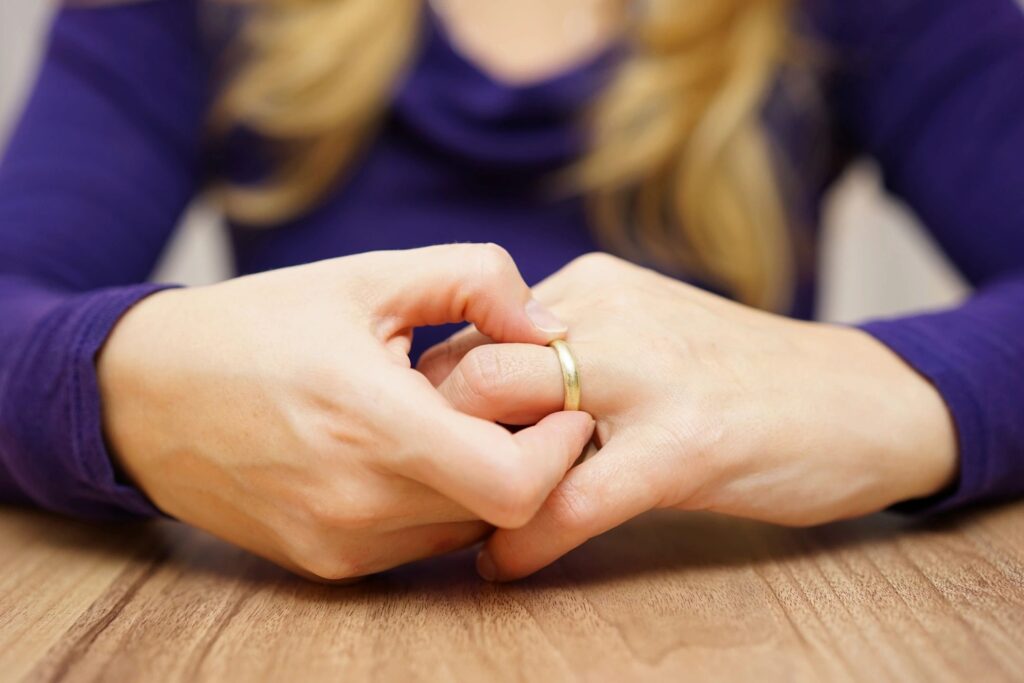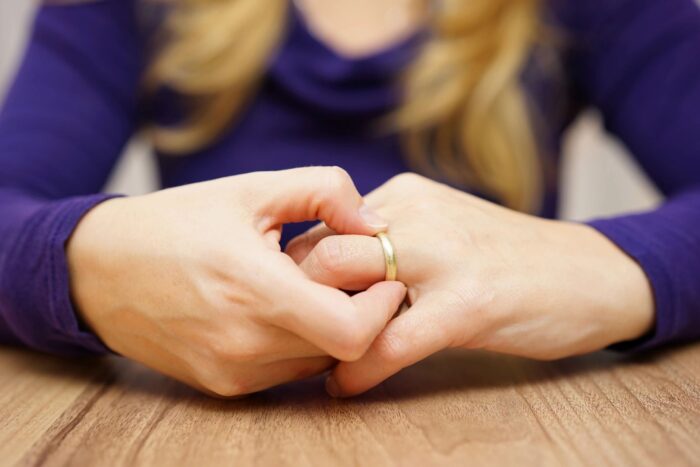
How Divorce Affects Men and Women in Different Ways
Divorce affects men and women differently. Studies show that these effects include greater vulnerability in women as regards personal and financial security.
Women almost always experience a decline in family income after divorce, and they face higher risks of losing their homes and late-model transportation. Often ending up as the managing partner in raising the children, women face greater difficulties finding a new partner, dating and dealing with the incredible responsibilities of single parenthood.
Common Consequences of Divorce for Both Men and Women
Both men and women suffer from more illnesses, depression and substance abuse after a divorce [source]. Those who can maintain a healthy marriage often have far fewer behavioral, psychological, social and spiritual issues. Mortality rates for both men and women are higher after divorce.
Divorced men and women suffer from weakened immune systems that make them more vulnerable to colds and flu, cancer and heart problems. Severe changes in body weight are common in both divorced men and women.
Physical, Psychological and Emotional Effects of Divorce on Men
Men experience greater vulnerability to cancer and heart disease after a divorce. They suffer more strokes and heart attacks than their married counterparts. The overall mortality rate is 250% higher for divorced men than those who are happily married.
Women are more likely to initiate divorce actions than men, which often leaves men holding divorce papers as they’re banned from the family home. Losing the family occurs more often for divorced men, who are expected to remain tough under pressure. The mental and physical results of divorce often prove life-threatening as men try to cope.
Many men deal with divorce by becoming more sexually active and partaking in risky behaviors — such as abusing drugs and alcohol. Causes of death in divorced men include suicide, hypertension, strokes and heart attacks.
Physical, Psychological and Emotional Effects of Divorce on Women
Getting a high-pressure career makes women more likely to get a divorce according to a BBC study [source]. Divorced women have similar health problems to men after a divorce, especially if they earn high incomes in competitive jobs.
Women are especially vulnerable to heart attacks, which are aggravated by stress. Women usually deal with the stress of being alone for a longer period than men because they don’t remarry as quickly. Stress causes inflammation of various bodily systems, which generates a 77% greater risk of having a heart attack than a divorced man.
Weight gain is common in divorced women, and they are more vulnerable to colds, flu and other illnesses than married women.
Women are more vulnerable to their emotions and loneliness after a divorce because they often lose friends and emotional support. Most divorced women suffer greater financial hardships after a divorce, and the money problems generate their own set of emotional and psychological issues.
Legal Divorce Outcomes Affect Men and Women Differently
Women initiate divorce twice as often as their male counterparts. Women notice problems earlier than men, or at least speak about their issues to friends and relatives. Women also take advantage of support systems more often than men, which helps them move on after a divorce.
How men and women experience legal divorce outcomes varies considerably. Men are less likely to obey a restraining order or stick to a strict visitation schedule. Women are more likely to stick to the plans and initiate legal actions for noncompliance.
Dealing with the consequences of divorce requires support, and divorcing couples can get support from social services, private therapists, family and friends. Your empathetic lawyer can also make a big difference in how you experience and respond to a divorce.








All of this is so true, thank you so much for sharing! I’m not sure why women seem to handle it better but we usually do.
This is really interesting. I had no idea about the effects on men.